What a circus this 2025 Nobel Peace Prize has been. For days and weeks, the world was agog, speculating on whether Donald Trump would get it. The US president had been claiming for months that he was the greatest peacemaker in human history, and deserved not one, but several Nobel Peace Prizes. In response, jokes and memes about his hubris had reached tsunami level on social media.
So when the Nobel Committee announced that the prize was going to Venezuelan opposition leader Maria Corina Machado, there were shrieks of glee from Calgary to Kalimpong—as if Trump had been hit with a planet-sized pie on his face. Instantly, Machado became a global icon, a beacon of hope and the resilience of the human spirit, even though hardly anyone knew who she was and what she stood for. Yes, anyone but Trump!
But Machado enlightened her newborn fan base within a couple of hours. In the first tweet she posted as a Nobel laureate, she dedicated the prize to “the suffering people of Venezuela and to President Trump for his decisive support to our cause”. This cause is the removal of the country’s president Nicolas Maduro and the re-establishment of democracy. Successive US administrations have firmly—and sometimes violently—pursued this cause for many years. In fact, Maduro, a ruthless dictator, actually carries a US-government $50-million bounty on his head.
But re-establishment of democracy? The last 80 years have shown that when the US, leader of the Free World, manages to overthrow a dictator who is inimical to Washington DC, it rarely leads to a true democracy. There are too many examples to list out here—think of Iraq, the Arab Spring, Libya. Bangladesh is the latest one to suffer from this missionary zeal to impose “democracy”.
Machado’s elevation to global stardom concludes the first step in the final phase of a US Deep State operation to affect regime change in Venezuela. It’s planned as Bangladesh Redux—a “colour” or “Gen Z” revolution with a Nobel Peace Prize laureate as the front person.
Impact Shorts
More ShortsTrump responded to Machado’s fawning tweet by telling the media: “The person who actually got the Nobel Prize called today, called me, and said, ‘I’m accepting this in honour of you, because you really deserved it.’ That was a very nice thing to do. I didn’t say, ‘Then give it to me,’ though I think she might have. I’ve been helping her along the way.”
A day later, Machado, in an interview to Fox News, insisted that Trump deserved the Prize: “He has been involved in just a few months in solving eight wars.” So much for the pie in Trump’s face.
The final report card reads thus. The Nobel Peace Prize Committee, which has been virtually an arm of the US government for decades now, can pretend that it stood up to Trump’s bullying. The Yale-educated Machado, who is almost certainly a US Deep State asset—however just her cause may be—gets global name recall and legitimacy. And Trump still gets the chance to claim that he did actually get the prize, even though his name wouldn’t appear on the certificate.
The Deep State Nobel mission is 100 per cent successful. All parties involved are happy, except of course Maduro and his backers in Moscow and Beijing. The next decisive stage, which may be commissioned soon, will be an uprising on Venezuelan streets with help from disgruntled members of the armed forces. The Deep State brings in loads of experience and expertise in such matters.
If one had any doubt that this was a carefully orchestrated procedure, watch the four-minute video of the Secretary of the Norwegian Nobel Committee calling Machado to inform her of the award. Machado sounds genuinely astounded: “Oh my God…oh my God…on my God…oh my God…”, then delighted almost to the point of tears, and finally says that this award belongs to the Venezuelan people.
Now when was the last time the Nobel Committee filmed the customary phone call made to a chosen candidate—in any category—and let it be shared on YouTube? Never, right? In less than 24 hours, the video garnered millions of views. Most viewers were charmed and gushed about Machado’s unpretentiousness. Deep State objective achieved.
There are no heroes in this story. Ultra-socialist politician Hugo Chavez swept to power in Venezuela in 1998. Maduro succeeded him in 2013 and continued his policies. Venezuela has the largest proven oil reserves in the world and is rich in bauxite, coal, iron ore, gold and diamonds. The socialists nationalised oil and mining corporations, deeply hurting US business interests, which had been making money hand over fist for decades, while the native population stayed poor and hungry.
The US response has gone far beyond imposing heavy sanctions on Venezuelan oil. Washington accuses Maduro of flooding the US with cocaine and other dangerous drugs. The government offers $50 million as reward for information leading to Maduro’s arrest on “narco-terrorism” charges, up from $15 million in 2020. Over the years, the US Deep State has backed Maduro’s political rivals, financed at least one attempted military coup against him and perhaps several assassination bids.
In his second term in the White House, Trump has ratcheted up both rhetoric and action, including deporting more than 200 Venezuelans, alleging that they are dangerous criminals, and deploying warships and an attack submarine near Venezuelan waters. On September 1, the US Navy carried out an air strike on a boat from Venezuela, killing all 11 people on board. Trump alleged that the vessel was transporting narcotics. He clearly sees Venezuela as America’s Enemy No 1 in Latin America, but what is really at stake are the 303 billion barrels of oil and 10,000 tonnes of gold that the country is sitting on.
Meanwhile Maduro has accelerated the process of democratic and economic ruin that Chavez had flagged off. He has cracked down brutally on all political opposition and allegedly used state machinery and paid militia for thousands of extrajudicial killings. Gross domestic product has fallen at least 60 per cent in the last decade. Inflation reached a staggering 63,374 per cent in 2018 and now hovers around 200 per cent. More than 80 per cent of the population lives in poverty. Plagued by extraordinary corruption and rampant crime, Venezuela has been in a state of economic collapse for two decades now.
Machado, who celebrated her 58th birthday two days before the Peace Prize was announced, has been Venezuela’s leading political activist for years. When she was selected as the opposition candidate for the presidential election last year, she was debarred by the Maduro government from contesting. In July, she announced that she had gone into hiding, citing fears for her life and freedom, but would not leave Venezuela.
The Nobel citation lauds “her struggle to achieve a just and peaceful transition from dictatorship to democracy”. But there is perhaps no instance in history of a “peaceful transition from dictatorship to democracy”. Machado’s movement too—inevitably—has hardly been peaceful, characterised by violent riots, widespread arson attacks on state and civilian infrastructure, and armed street warfare. She has repeatedly called for foreign US military intervention to get rid of Maduro and has loudly supported every Trump sound byte, not only about her country, but also on matters like Iran and Gaza.
Machado’s courage cannot be doubted, and the Maduro regime has driven Venezuela to perdition. Yet if a regime change happens, it may not necessarily lead to a better life for common Venezuelans.
While earlier US presidents paid at least lip service to some higher ideals—liberty, human rights and so on, Trump is quite open that he is only interested in the “deal”—profits for US business and wherever possible for his family. If the US Deep State succeeds in throwing Maduro out and installing Machado, the overriding focus will be the transfer of Venezuela’s natural wealth to America. This could improve the lot of the average Venezuelan—it can’t get much worse—but fundamentally, it will make some American billionaires richer.
That is the endgame with Machado, the chessboard pawn who has now been promoted to knight status. If Machado does come to power, the US Deep State will also use Venezuela as a base to make trouble for its southern neighbour Brazil. Trump doesn’t approve of the current government there.
In both the successful Bangladesh coup last year and the recent failed adventure in Nepal, the Deep State relied on the element of surprise—a sudden “ground level” insurrection. In the case of Venezuela, with the Peace Prize, the cards are in plain sight.
India is too large, diverse and complex a country for this sort of regime change attempt to succeed. But going by the experience of the last few years, one will not be surprised at all if we continue to see sudden eruptions of region-specific agitations on issues ranging from real ones to completely self-serving incitements. The frequency of these “people’s movements” may even increase. There is a larger game afoot and enough resources available—both strategic and financial—to foment trouble inside India.
In the meantime, Trump has pointed out, rather late but correctly, that the 2025 Peace Prize was awarded for work done in 2024, and he started his current presidential term only in January 2025. So he may yet get his hands on that medal next year. I certainly look forward to his acceptance speech. It will be beyond anything that the Marvel Comics Universe can dream of.
The author is former managing editor of Outlook, former editor of The Financial Express, and founding editor of Outlook Money, Open, and Swarajya magazines. He has authored several books. He tweets @sandipanthedeb. The views expressed in this article are those of the author and do not represent the stand of this publication.


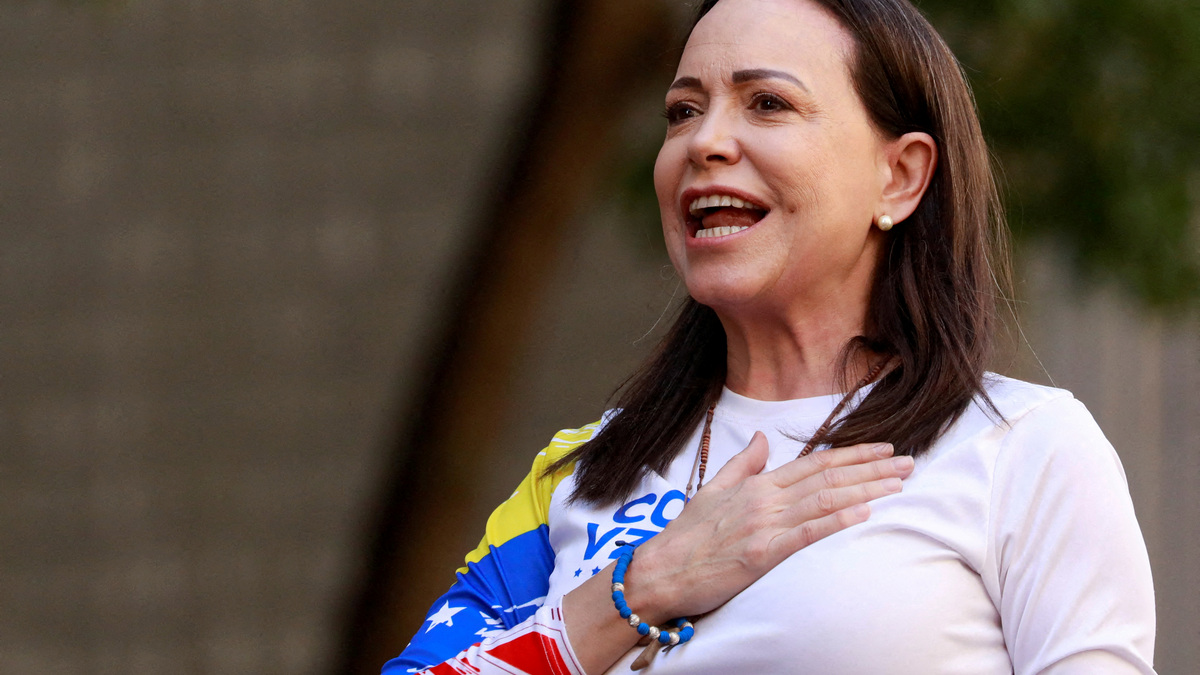)
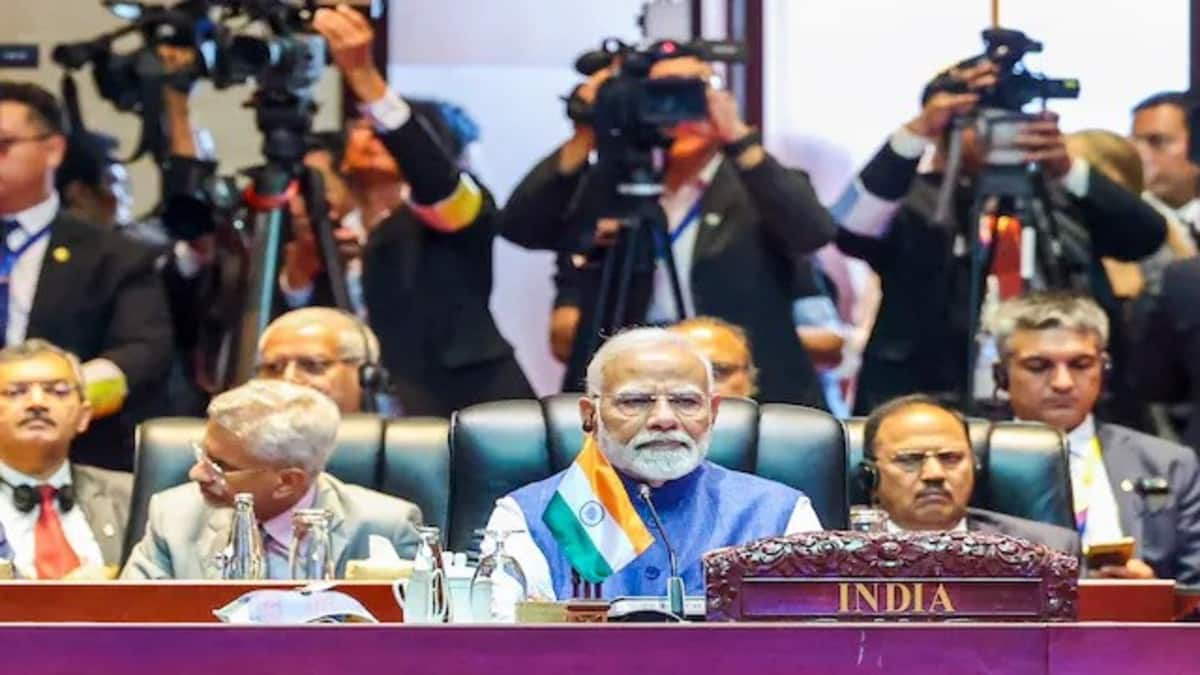
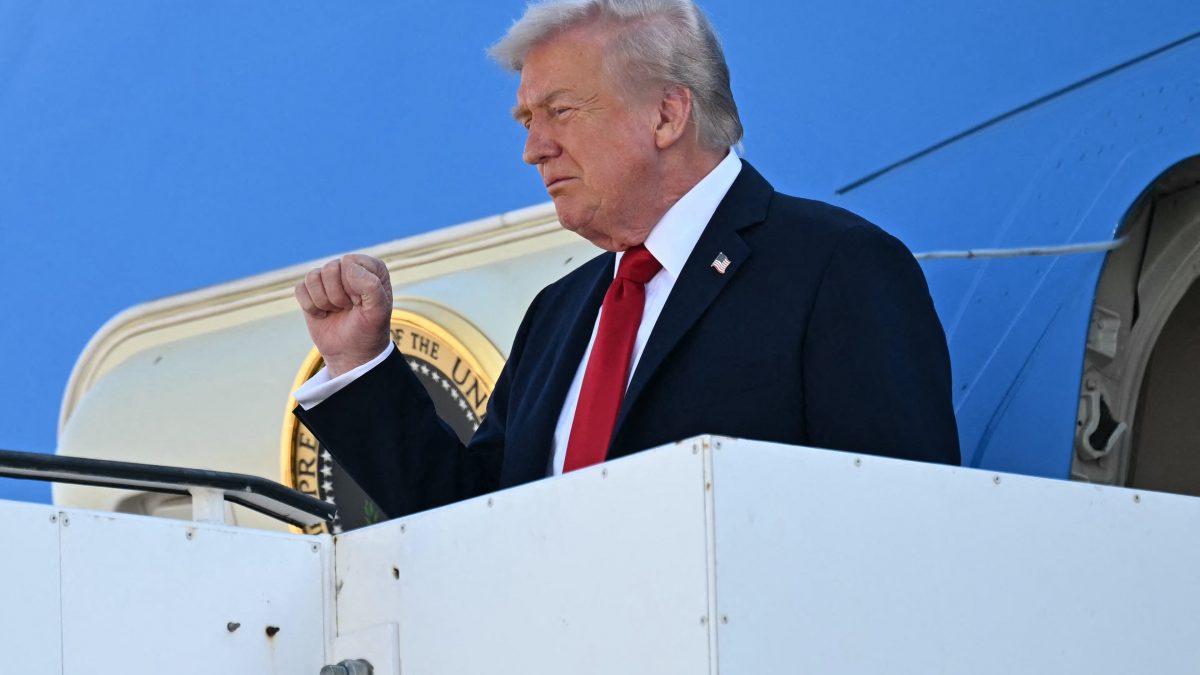)
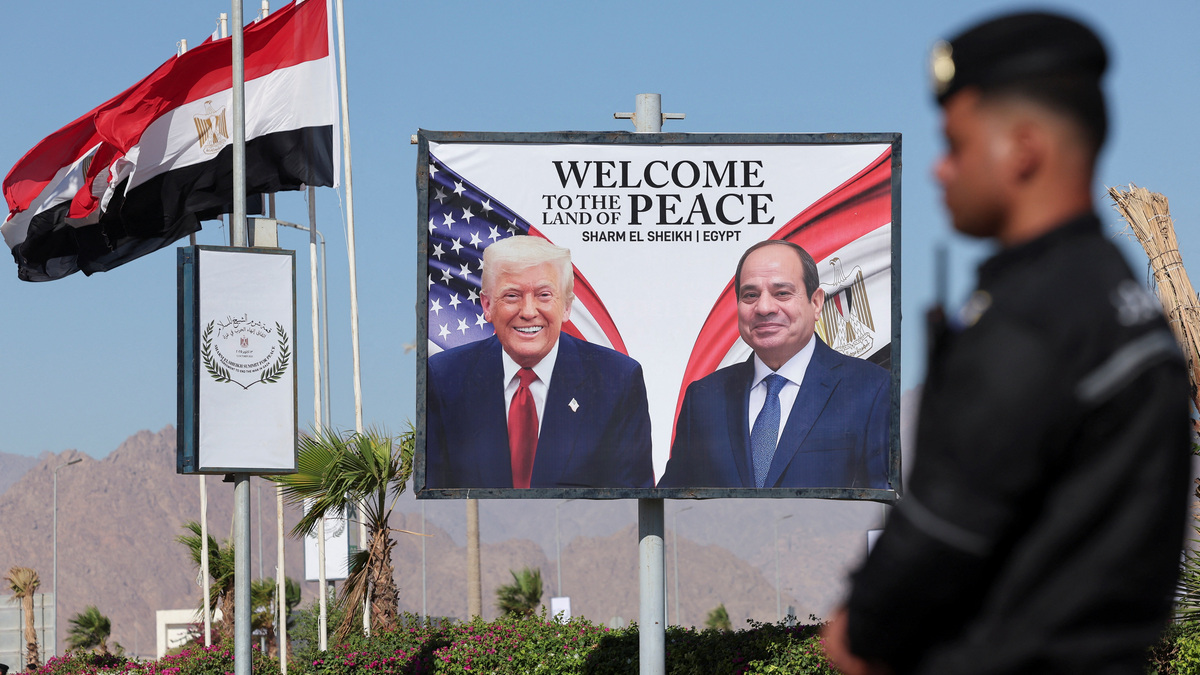)
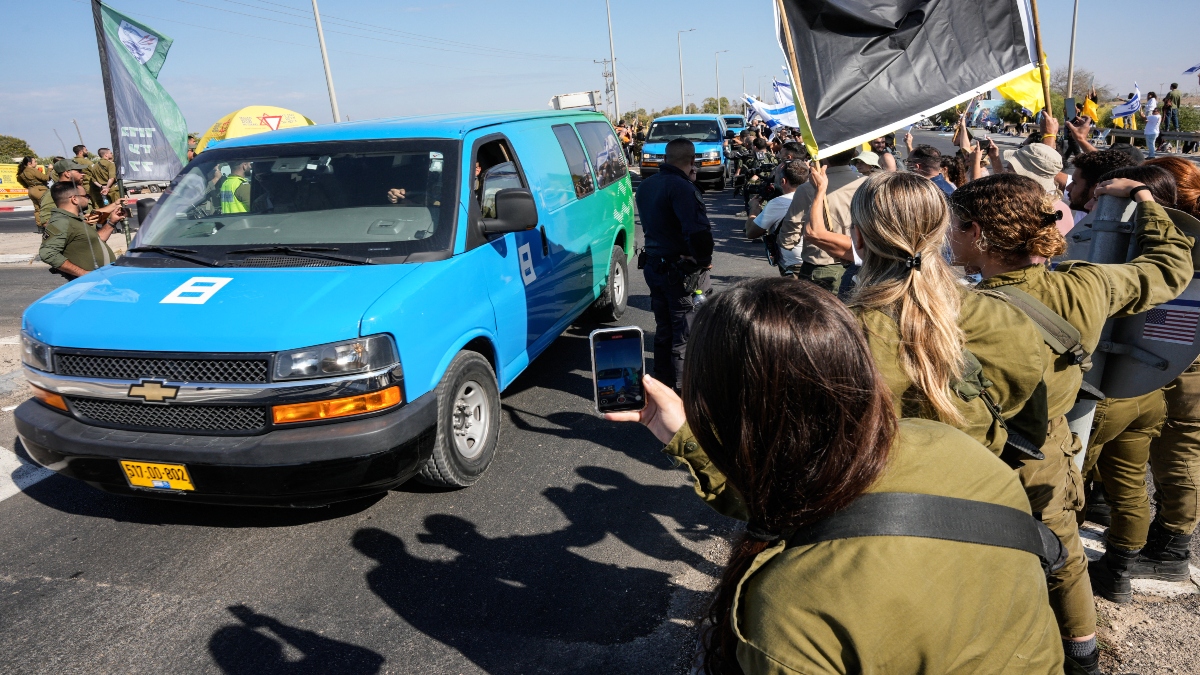)
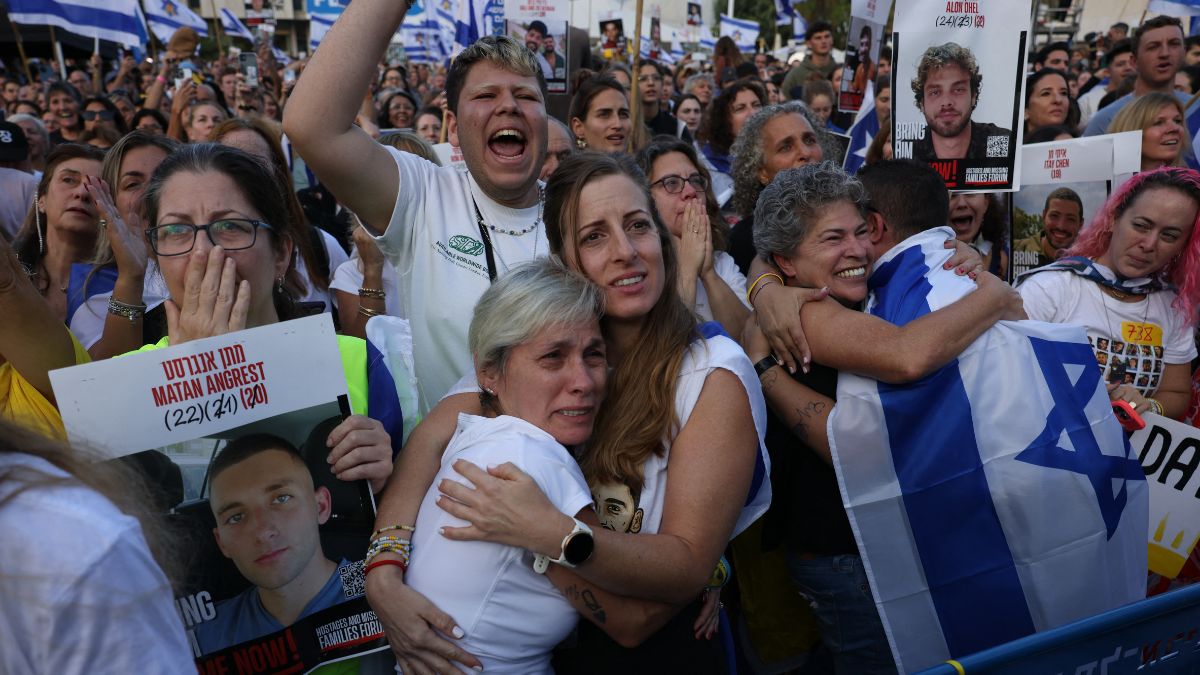)
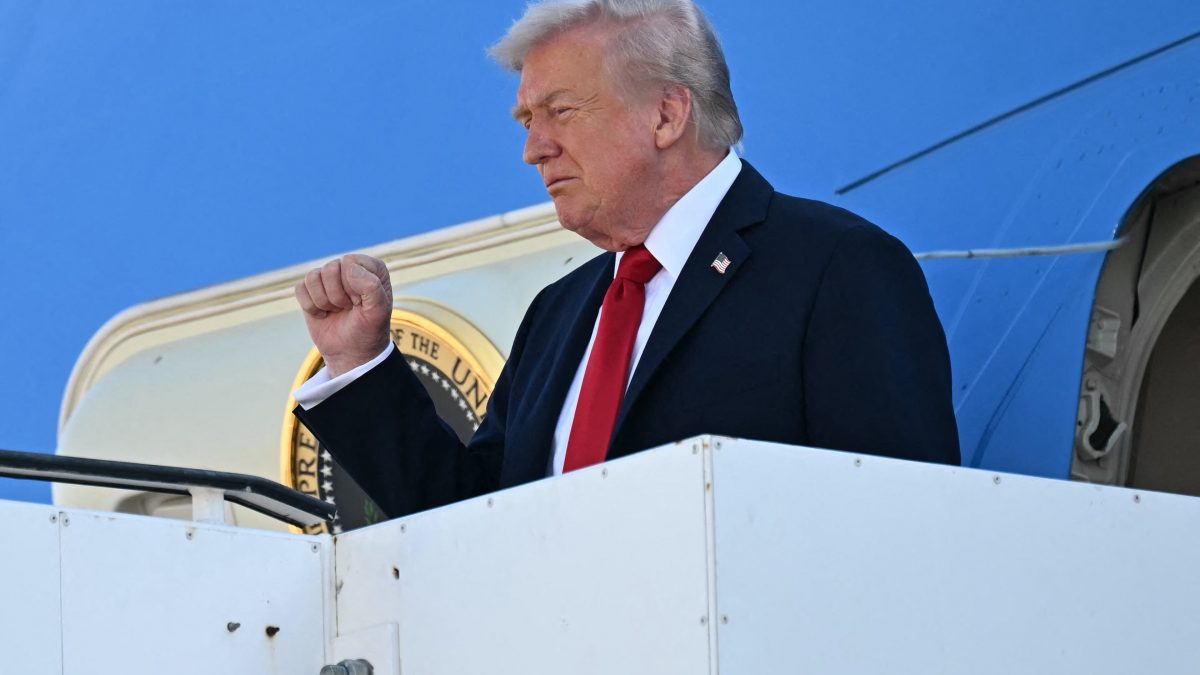)
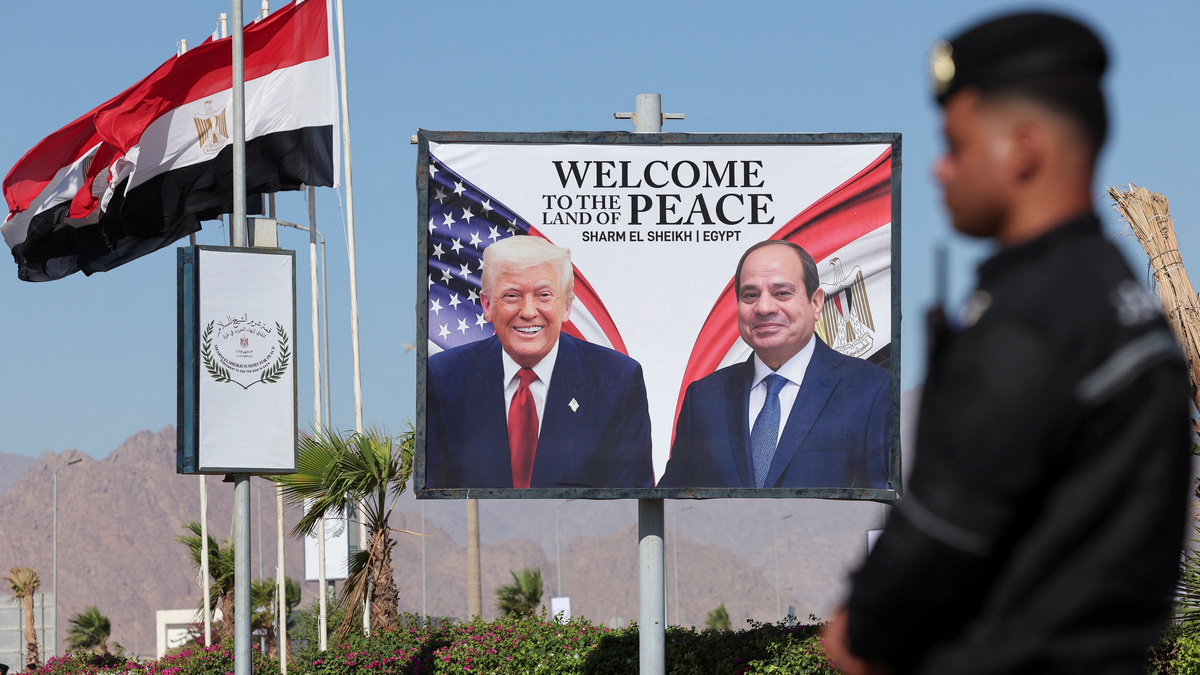)
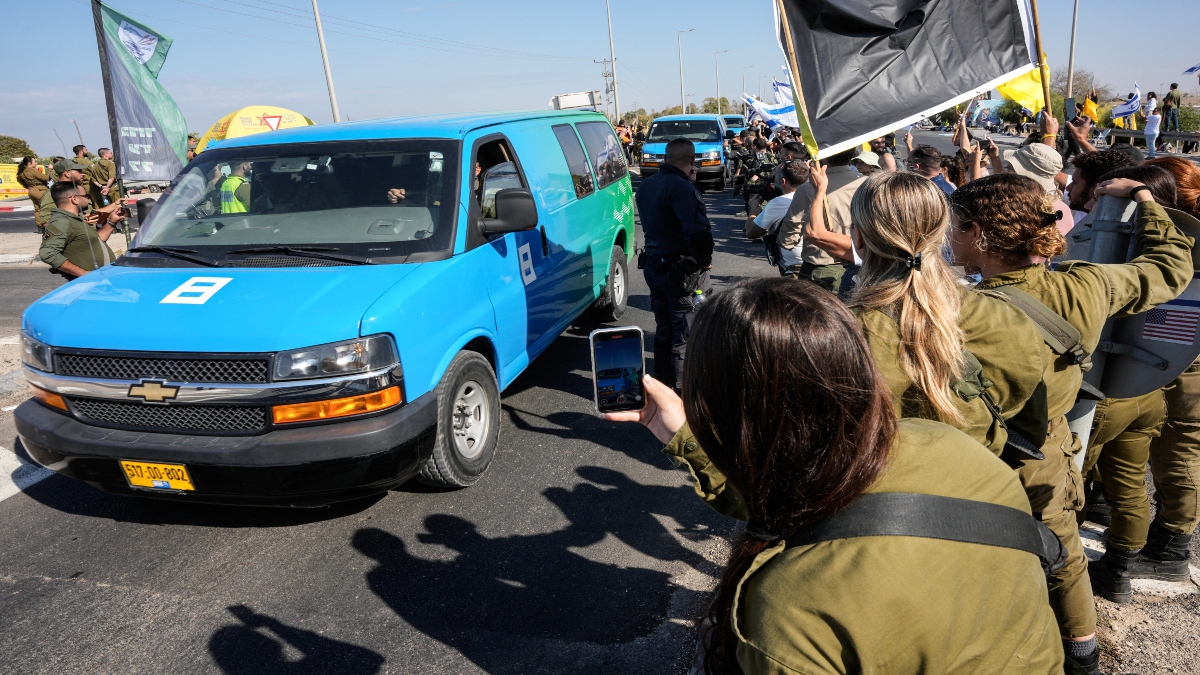)
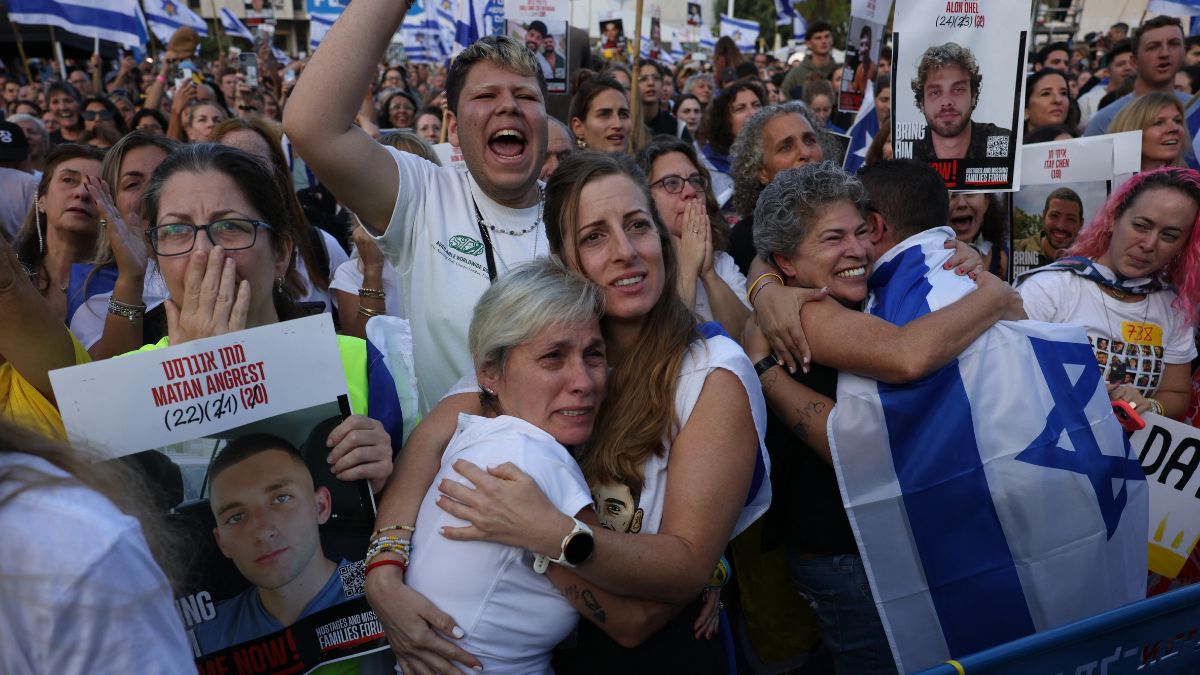)



